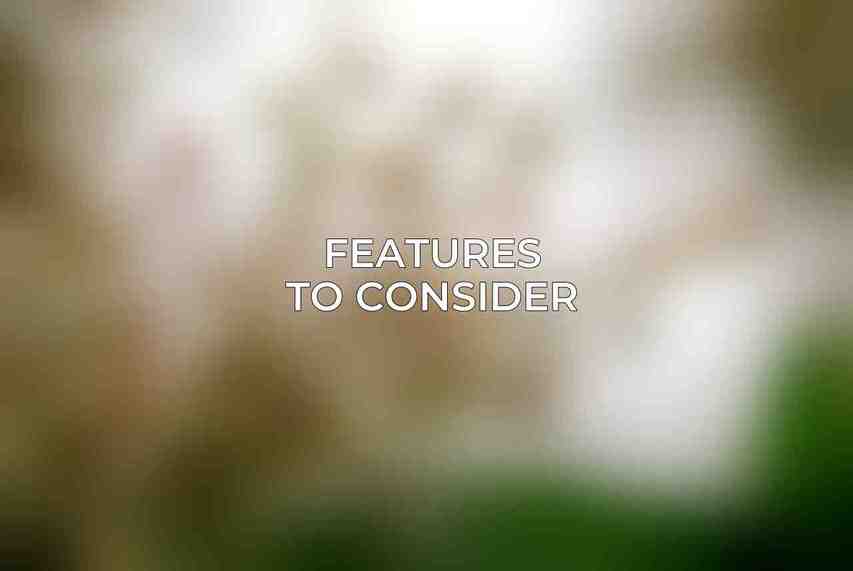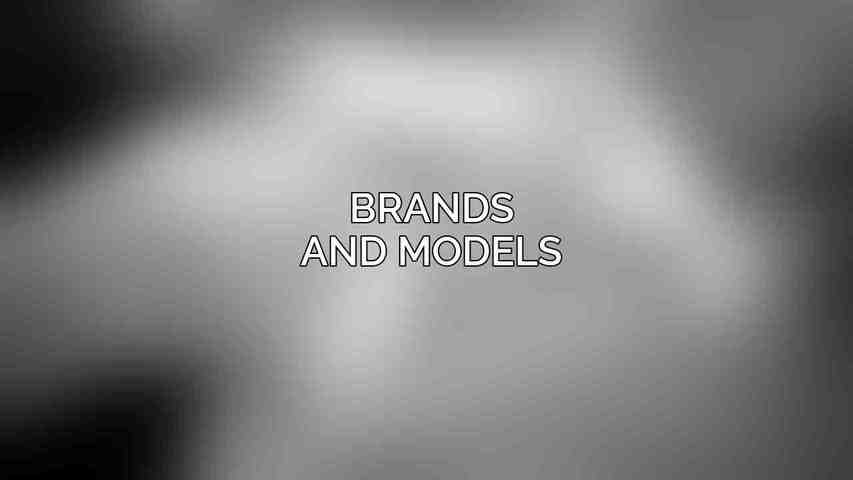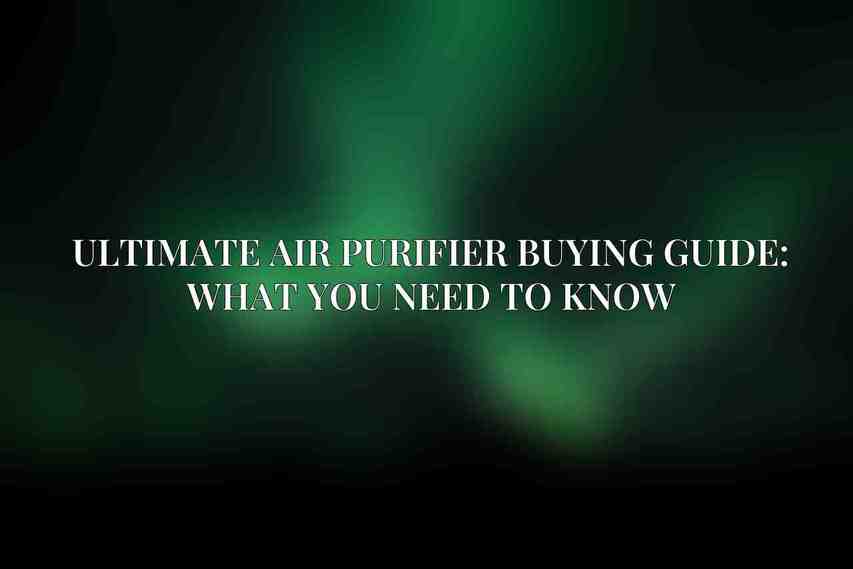Air purifiers are essential devices for improving indoor air quality by removing various pollutants. It’s crucial to understand the types of air pollutants they target and the technology they utilize for effective filtration.
A. Types of Air Pollutants1. Particulate Matter (PM)
– PM2.5: Ultrafine particles, such as dust, smoke, and allergens.
– PM10: Coarse particles like pollen and dander.2. Volatile Organic Compounds (VOCs)
– Gases released from paints, solvents, and cleaning products.3. Odors
– Unpleasant smells caused by bacteria, smoke, and pet odors.
B. Air Purifier Technology1. Mechanical Filtration:
– HEPA (High-Efficiency Particulate Air) Filters: Captures 99.97% of particles down to 0.3 micrometers.
– Carbon Filters: Absorb gases and odors.2. Electrostatic Precipitation:
– Negatively charged plates attract and trap particles.3. Ionization:
– Releases negatively charged ions to neutralize pollutants.
Choosing the Right Air Purifier
Selecting the appropriate air purifier involves considerations like airflow, filter type, room size, noise level, and energy efficiency.
A. Airflow
– Refers to the volume of air cleaned per hour (CFM).
– Higher CFM indicates higher efficiency.
B. Filter Type
– HEPA filter: Best for particles.
– Carbon filter: Necessary for odors and gases.
C. Room Size
– Air purifiers are rated for specific room sizes.
– Choose a model suitable for your room.
D. Noise Level
– Consider noise levels, especially at higher fan speeds.
E. Energy Efficiency
– Opt for Energy Star certified models to save energy.
Features to Consider

When choosing an air purifier, look into convenient features like smart capabilities and special functions.
A. Smart Features
– Wi-Fi connectivity for remote control.
– Air quality sensors for real-time monitoring.
B. Special Features
– Humidifier or dehumidifier functions.
– UV light disinfection.
– Aroma diffuser compatibility. Find more on Dreo Air Purifier Review 2024: Efficiency & Performance Examined
Brands and Models

Explore reputable brands and their models known for their efficiency and features.
A. Dyson Pure Cool Dive deeper into Dreo vs. Other Top Air Purifiers: 2024 Comprehensive Comparison
– HEPA & carbon filters, bladeless fan. Read more about this on Ultimate Air Purifier Buying Guide 2024: Choosing Dreo
– High CFM, low noise, Wi-Fi connectivity.
B. Levoit LV-H132
– WiFi, air quality sensors, HEPA & carbon filters.
– Energy Star certified.
C. GermGuardian AC4825
– UV-C light tech, HEPA & carbon filters.
– High CFM, large room coverage.
D. Honeywell HPA300 Read more about this on How Dreo Air Purifiers Can Transform Your Home’s Air Quality in 2024
– HEPA, pre-filter, odor reducing filter.
– Energy Star certified, quiet operation. Read more about this on Best Air Purifiers for Allergies: Relief for Sufferers
Maintenance and Replacement
Proper maintenance ensures the longevity and effectiveness of your air purifier.
A. Filter Maintenance
– Replace HEPA filters every 6-12 months.
– Replace carbon filters every 3-6 months.
B. Cleaning
– Regularly clean the exterior.
– Wipe intake and exhaust grills.
Promoting a healthier living environment.
Frequently Asked Questions
What are the different types of air purifiers available in the market?
The most common types of air purifiers are HEPA, carbon filter, ozone generators, UV light, and ionizer air purifiers.
How do HEPA air purifiers work?
HEPA air purifiers work by forcing air through a fine mesh filter that traps harmful particles like dust, pollen, pet dander, and mold spores, thereby purifying the air.
What room size should I consider when buying an air purifier?
When buying an air purifier, consider the square footage of the room where you plan to use it. Make sure to choose an air purifier that is designed to handle the size of the room effectively.
Are air purifiers noisy?
Some air purifiers can be noisy, especially those with powerful fan speeds. Look for air purifiers specifically designed to operate quietly if noise is a concern for you. You can find more information on Top Air Purifiers for Allergies 2024: Why Dreo Leads
How often do I need to replace the filters in an air purifier?
The frequency of filter replacement varies depending on the type and model of the air purifier. Generally, HEPA filters should be replaced every 6-12 months, while carbon filters may need replacement every 3-6 months.

